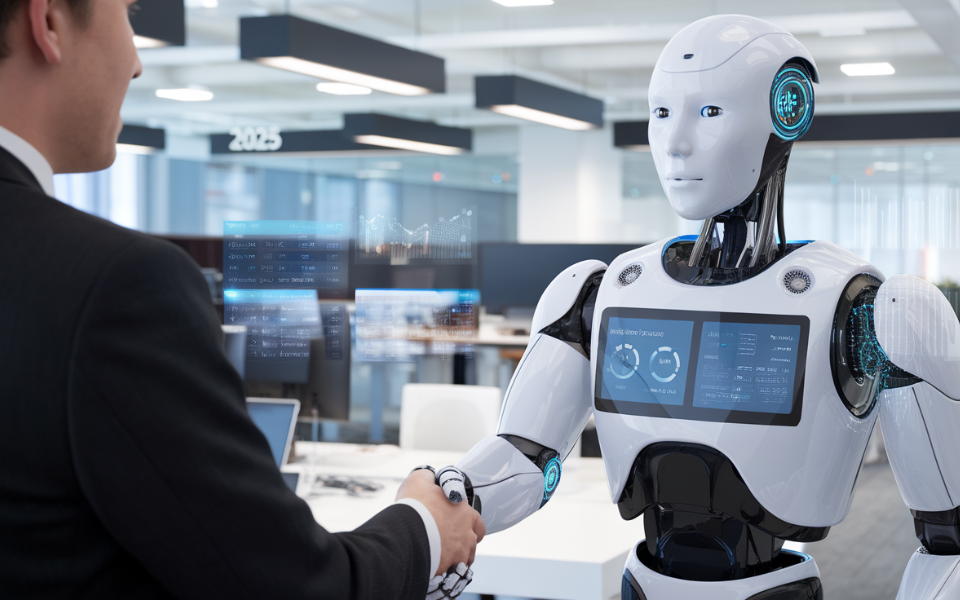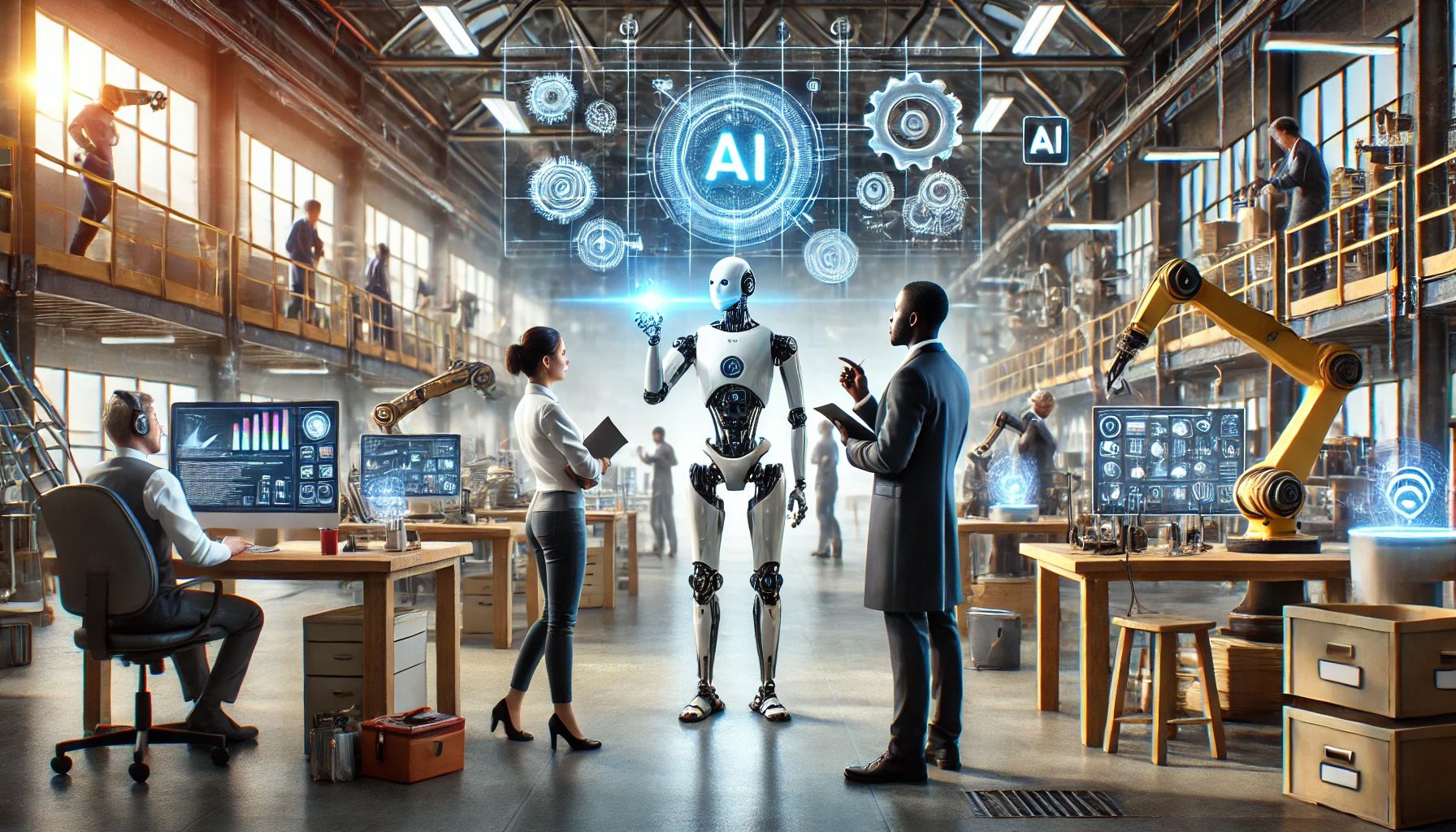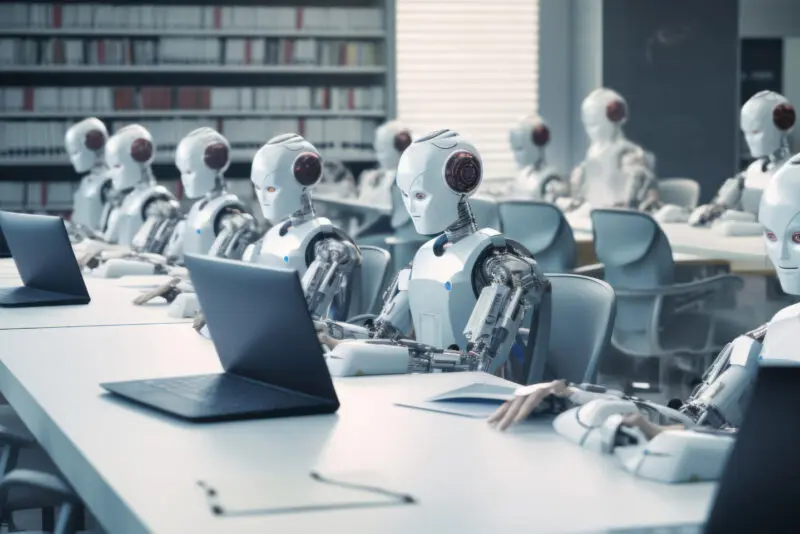Artificial Intelligence (AI) and job automation are rapidly reshaping the workforce, transforming how businesses operate and how work is done. While often seen through the lens of disruption, AI and automation offer significant benefits that can lead to increased productivity, innovation, and economic growth.
What is AI and Job Automation?
AI refers to machines or software systems capable of performing tasks that typically require human intelligence, such as learning, reasoning, and problem-solving. Job automation uses AI, robotics, and machine learning to handle repetitive or routine tasks, freeing up human workers to focus on more strategic or creative roles.
Key Benefits of AI and Job Automation
Increased Efficiency and Productivity
AI-powered automation can handle tasks faster and with greater accuracy than humans. From data processing and customer service to manufacturing and logistics, AI helps streamline workflows, reduce errors, and accelerate output.
Cost Savings for Businesses
By automating routine tasks, companies can significantly reduce labor costs and operational expenses. AI systems can operate 24/7 without fatigue, making them ideal for high-volume or time-sensitive processes.
Enhanced Decision-Making
AI systems can analyze vast amounts of data in real time, uncovering trends and patterns that inform smarter business decisions. From finance to marketing, AI provides insights that help leaders act with greater confidence and precision.
Improved Workplace Safety
Automation can take over dangerous, dirty, or physically demanding tasks, reducing the risk of workplace injuries. This leads to safer working conditions, especially in industries like construction, mining, and manufacturing.
Greater Innovation and Creativity
By automating repetitive tasks, workers have more time to focus on creative, strategic, and high-value work. This shift encourages innovation and the development of new ideas, products, and services.
Customized User Experiences
In customer-facing industries, AI enables personalized interactions through chatbots, recommendation engines, and adaptive interfaces. This enhances customer satisfaction and builds stronger brand loyalty.
New Job Creation and Skill Development
While some jobs are displaced, AI also creates new roles in data science, AI engineering, robotics, and AI ethics. It drives demand for digital skills, leading to new training and upskilling opportunities.
Considerations for Responsible Automation
- Reskilling and Education: Support programs that help workers transition to new roles through training and education.
- Ethical Use of AI: Ensure transparency, fairness, and accountability in AI systems.
- Human-AI Collaboration: View AI as a partner, not a replacement—augmenting human abilities rather than eliminating them.
Conclusion
AI and job automation offer immense potential to improve efficiency, reduce costs, and unlock human creativity across industries. While change can be challenging, embracing these technologies responsibly can lead to a more innovative, productive, and inclusive future of work. Balancing progress with empathy and foresight is key to harnessing the full benefits of AI.







Leave feedback about this